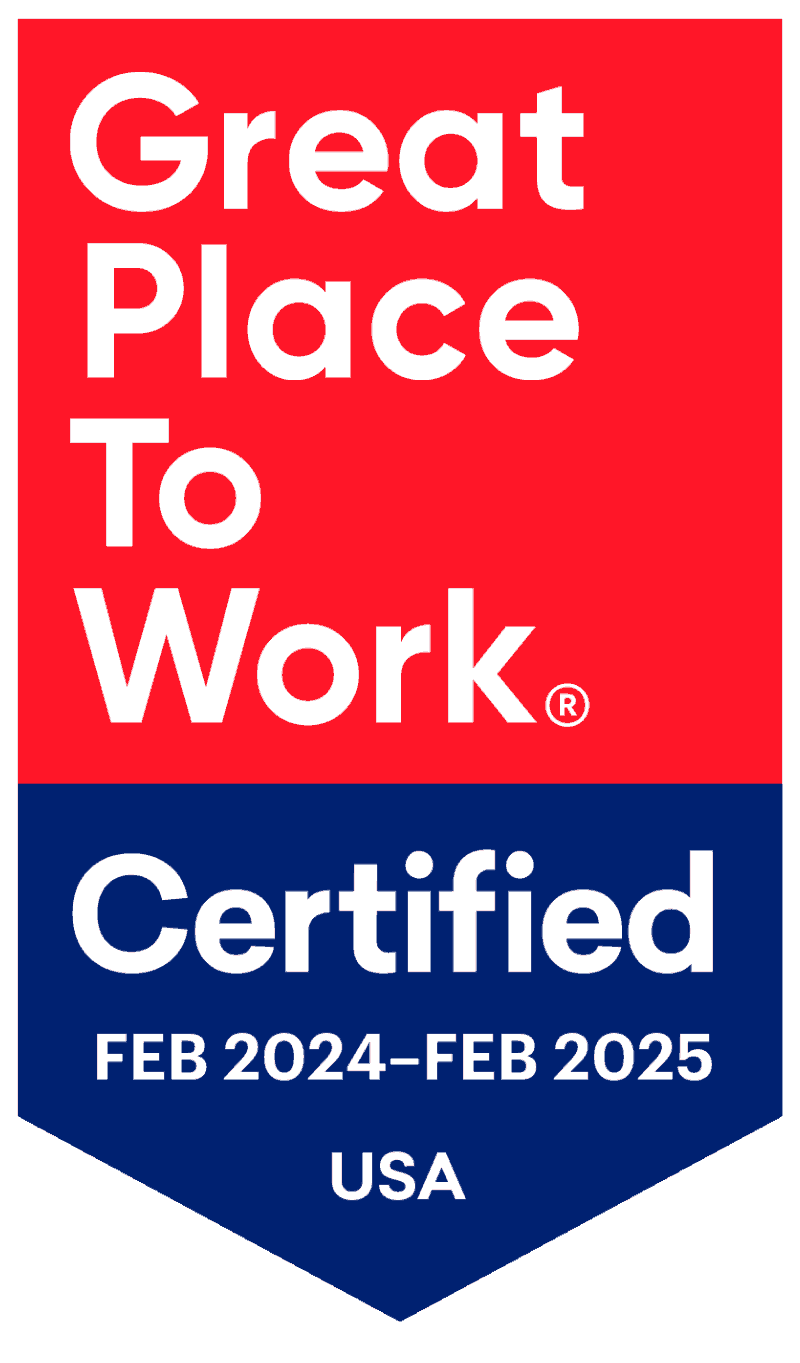It can be confusing to understand the differences between being an employee and an independent contractor. Higher pay rates offered for 1099 contractor positions can be appealing, but it is important for businesses and workers to remain legally compliant with IRS rules regarding classification of workers. The legal and financial consequences of misclassifying an employee as an independent contractor can be very high for businesses.
At Specialized more than 97% of our team are W-2 employees and they love it. On the other hand, hiring qualified independent contractors allows us to be agile and to meet some additional needs of our clients so we do keep some independent contractors on board.
Let’s take a look at the difference between being an employee and a contractor for a contract company like Specialized!
As an employee at Specialized, the benefits and support are extensive. Employees are eligible for a variety of benefits from health insurance, professional liability insurance, support and training, CEU reimbursement, referral bonuses, social events and MORE!
 Independent contractors function in a more independent way. Many speech therapists and other special education professionals are taking advantage of the ability to set up their own business entity and contract their services, but it is important to make sure that you are working legally as an independent contractor.
Independent contractors function in a more independent way. Many speech therapists and other special education professionals are taking advantage of the ability to set up their own business entity and contract their services, but it is important to make sure that you are working legally as an independent contractor.
The IRS has a 20-point checklist that they use to determine if a worker is correctly classified as an independent contractor. Much depends on whether a business has enough control over a worker to be an employee or not.
Top 5 things we consider at Specialized regarding classifying workers as employees or independent contractors.
-
Profit or Loss. The IRS wants to know if the worker can make a profit or suffer a loss as a result of the work they are doing. They are not just looking at the project but also at the risk of not getting paid by clients. Independent contractors take on this risk. Employees of Specialized do not have to worry about not getting paid. We pay our employees on schedule regardless of whether or not we have been paid for services.
-
Investment & Equipment. When you start your own independent contracting business you have to invest in your equipment, insurance, email, technology, and so on. As an employee for Specialized you have access to the company supplies to do your job and a company email account. You are also covered by company insurance. An independent contractor who works for Specialized is required to have their own equipment to do the work they need to do. In addition, our independent contractors are required to have their own professional liability insurance.
-
Works with Many Clients. As an independent contractor, you are offering your services to the general public and looking for clients. As part of your independent contractor application at Specialized, you will have to show that you have an actual business that serves several clients. We will also ask about who you work with and may want to see some of your reviews or testimonials. As an employee, Specialized will handle all the marketing and will usually have multiple clients for you to work for and choose from.
-
Training. As an employee, Specialized will provide you with an onboarding program and support as we work together. Independent contractors are expected to be trained and experienced to do their job without support and training from the employer. As an employee at Specialized, you would be eligible for our current reimbursement for CEUs and some additional training that we have for our team.
-
Benefits. As an employee, you are eligible for company benefits and all the company perks! From insurance to supplies to support and training, Specialized is there to support you. As an independent contractor you are not eligible for employment benefits.
As you can see there are a few things to be aware of when applying to be an independent contractor and knowing the law and regulations can be very helpful.
If you are on the fence about what your status will be, you can learn more about the IRS standards for being an independent contractor by visiting their website and speaking with your financial and legal advisors.
To view our current procedures on becoming an independent contractor, visit our independent contractor page on our website for more information.
Link: https://specializedassessment.com/independent-contractors/
About the Author:
Dana Hitchcock is the Business Development Director at Specialized Assessment & Consulting.
After 15 years teaching in Texas public schools, Dana began working at Specialized focusing on creating operational systems to help become a more efficient business. As a certified human resources professional and SHRM-CP, she juggles many roles but leads our team with HR compliance, marketing, and systems management.
Do you have questions about becoming an independent contractor with Specialized?



